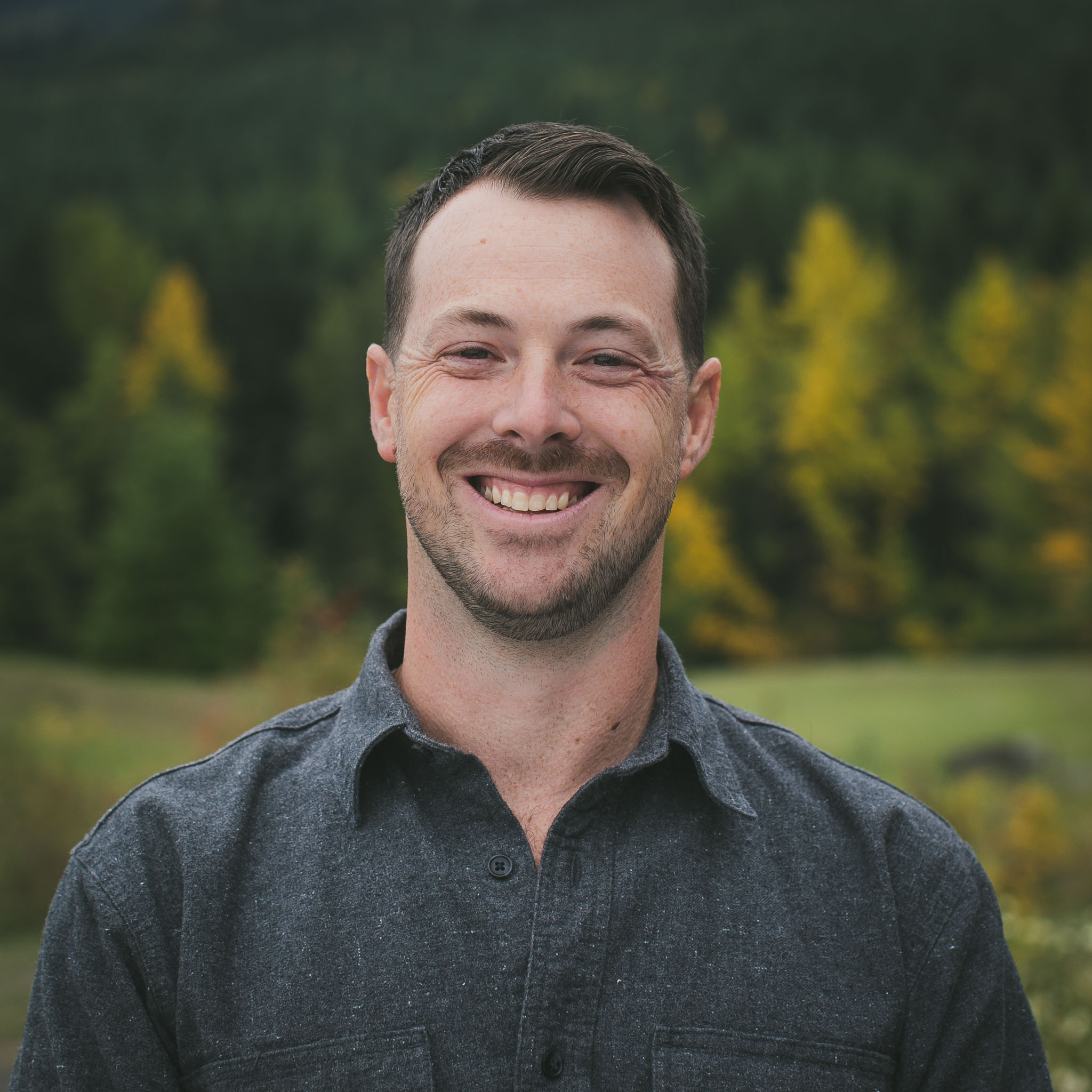Addiction is Like A Dandelion
- Brian Petermeyer, MA, LMHCA

- Mar 7, 2022
- 4 min read
Discovering the roots of our pain

Addiction is like a dandelion. The root grows deep into the soil, while on the surface a deceptive flower blooms. After a few days that flower turns into a bunch of seeds that eventually spread, which creates a multitude of these pesky weeds. As an amateur gardener, the dandelion is my nemesis. I have a lawn that seems to have more square footage of dandelions than grass. If I don’t dig my hands into the dirt to get the root of the dandelion, it WILL return. Just pluck the yellow flower—it’s back in a couple days. If I grab half of the root, it will grow back in a couple of weeks. If I spray weed killer, it will come back in a matter of months…the ONLY way to rid my yard full of dandelions is to dig my fingers deep into the ground and grab the bottom of the root.
What comes to your mind when you think of addiction? Do you think you’re addicted to anything? When it comes to addiction, our culture often thinks about alcohol, drugs, cigarettes and other substances that we deem to be problematic. Have you ever thought of other non-substance based addictions? Like gambling, video games, pornography, online shopping, or food? Take a moment and think about these questions. I want to encourage you to “be curious, not judgmental” about your habits. Especially considering how the last two years have been a roller coaster of emotions for any human on this earth. When you begin to feel uncomfortable, stressed, anxious, lonely, hurt, discouraged, where do you turn to for relief?
The field of psychology is continuously learning how our own early childhood attachments (the bonds we create with our primary caregivers) deeply impact how we respond to the traumas we experience. For example, if a young baby or toddler is not picked up when they cry, given food when hungry, or had proper physical connection with their primary caregivers, that young child is already at a higher risk of having addictive tendencies later in life. If we can begin to have curiosity around the roots of our pain, we not only can begin to experience clarity about our relationship to our addiction(s), we also help avoid beating ourselves up with shame for not having enough will, strength, or power to quit a particular behavior.
I have a history of addiction with pornography. What I have found, is that porn was my go-to source of relief when it came to soothing my pain. As a teenager, the only way I knew to cover my pain was with pornography. I simply did not have the necessary skills to be curious at that age. I am no longer a teenager anymore and I now have the support and skills to be curious about the roots of my addiction. Unfortunately, there are stories in my life that have caused significant pain and confusion, and I longed for relief. As humans, we are all-too-familiar with suffering. The thing that differentiates us is how we suffer? And, how we soothe? I did not discover hope on my own. The person who walked me through my trauma and the hurt that brought me to pornography was Andrew Bauman. He helped guide me through understanding how my pornographic style of relating so deeply harmed how I interacted with the people I loved most, including myself. Without a guide like Andrew, I would have been lost in the wilderness, and might still be there without him. You are worthy of a guide! Believe that.
Gabor Maté, a world-renowned addiction expert, speaker and author describes addiction as “a response to human suffering.” Our culture often emphasizes creating a pain free experience; this is most often by using a wide range of different painkillers. Don’t get me wrong…thank GOD for some of these medications that have helped numb pain so we can heal without suffering. My ACL reconstruction without pain relief? Yikes! HOWEVER, this approach does not apply to the deep pain informed by our childhood wounds. There is no pill to numb you from the pain of hours and hours your parents left you locked and alone in your room left to wonder “am I worthy of being with?” It doesn’t solve the confusion of having a depressed mother that left you unable to emotionally connect with others all while thinking “what’s wrong with me?” There is no medication to cover the hurt of being sexually assaulted in your teens and having a pastor tell you it’s your fault for the clothes you wore and that, “you asked for it.”
These questions highlighted above are questions that don’t need a painkiller, what they need is healing. Gabor Maté states, “Addiction is an attempt to escape suffering temporarily.The addict needs help to heal from their trauma.” I am a believer that we all have experienced trauma of some sort over our lifetime. The experiences of our childhoods have a profound and direct impact on how we function as adults. So, I return to the question I began with, do you think you’re addicted to anything? Is your first response to simply stop the behavior? What if we begin to be curious about what lies beneath the behaviors we desire to change? Where did the pain begin? The source of our pain is the root of addiction and the flower (a weed in a deceptive disguise) is just a behavior that blossomed to help you numb from that pain. Let’s be courageous enough to dig our fingers deep into the dirt and grab out that root. You are worthy of a guide, and you don’t have to dig alone.






Comments